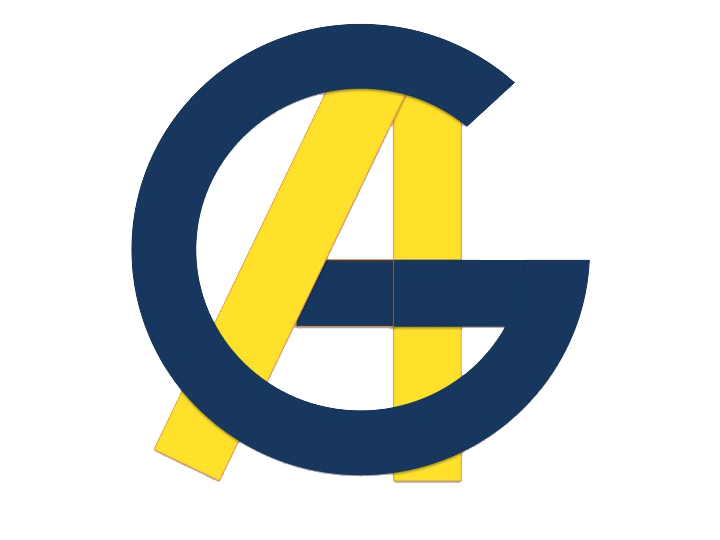6410 W. Gulf To Lake Hwy
Crystal River, FL 34429
352-563-2450
3653 E. Forest Drive
Inverness, FL 34452
Note: Please call during open hours to make appointments or submit information here, allow up to 48hrs for calls/messages to be returned.
Opening Hours:
MON 8:00am – 4:00pm
TUES 8:00am – 4:00pm
WED 8:00am – 4:00pm
THUR 8:00am – 4:00pm
FRI 8:00am – 4:00pm
SAT/SUN CLOSED
ERCP
What is an Endoscopic Retrograde Cholangiopancreatography (ERCP)?
Endoscopic Retrograde Cholangiopancreatography (ERCP) allows your doctor to gently advance a flexible side-viewing scope through the mouth to the second portion of your duodenum. This is where the entrance to the bile duct (ampulla) is located. Your doctor is able to remove bile duct stones, biopsy a lesion and/or place a stent.
What is the preparation for an ERCP?

An empty stomach allows for the best and safest examination. Your doctor will tell you when you should start fasting based on the date/time, usually midnight before the day of your ERCP. Tell your doctor in advance about any medications you take including; aspirin products or anti-platelet agents (such as Plavix) arthritis medications, blood thinners (such as warfarin, Eliquis, Xarelto, or heparin), insulin, or iron products. Discuss any allergies to medications as well as medical conditions, such as heart or lung disease.
What happens during an ERCP?
The anesthesiologist/CRNA will give you intravenous medicine to sedate you during the procedure. The endoscopy team will then place you in a semi-prone position (laying at an angle on your belly). The doctor will then pass the flexible scope through your mouth and into the esophagus, stomach and duodenum. The endoscope doesn't interfere with your breathing. The procedure can take about 30-90 minutes.
After the procedure is completed, you will be monitored until most of the effects of the medication have worn off. Your throat might be a little sore, and you might feel bloated because of the air introduced into your stomach during the test. You will be able to eat after you leave unless your doctor instructs you otherwise. Your physician will explain the results of the examination to you, although you'll probably have to wait for the results of any biopsies. Someone will be needed to drive you home. Even if you feel alert after the procedure, your judgment and reflexes could be impaired for the rest of the day.

What are the possible complications of an ERCP?
Our doctors are board-certified gastroenterologists who are specially trained and have performed hundreds of these procedures. Although complications can occur, they are extremely rare. Bleeding can occur at a biopsy site or at the site of the sphincterotomy, but it's usually minimal and rarely requires follow-up. Perforation (a hole or tear in the gastrointestinal tract lining) may require surgery but this is a very uncommon complication. An important complication that may occur is pancreatitis given that the pancreatic duct shares the same exit site as the common bile duct. Some patients might have a reaction to the sedatives or complications from heart or lung disease.
Although complications after upper endoscopy are very uncommon, it's important to recognize early signs of possible complications. Contact your doctor immediately if you have a fever after the test or if you notice trouble swallowing or increasing throat, chest or abdominal pain, or bleeding, including black stools. Note that bleeding can occur several days after the procedure.
If you have any concerns about a possible complication, it is always best to contact your doctor right away.
Important Reminder: This information is intended only to provide general guidance. It does not provide definitive medical advice. It is very important that you consult your doctor about your specific condition.
Since its founding in 1941, the American Society for Gastrointestinal Endoscopy (ASGE) has been dedicated to advancing patient care and digestive health by promoting excellence in gastrointestinal endoscopy. ASGE, with more than 11,000 members worldwide, promotes the highest standards for endoscopic training and practice, fosters endoscopic research, and is the foremost resource for endoscopic education.
This patient education brochure was developed by the Publications Committee of the American Society for Gastrointestinal Endoscopy. This information is the opinion of and provided by the American Society for Gastrointestinal Endoscopy.
American Society for Gastrointestinal Endoscopy www.asge.org and www.screen4coloncancer.org
Copyright ©2010. American Society for Gastrointestinal Endoscopy. All rights reserved. This information may not be reproduced without express written permission by ASGE. For permission requests, please contact the ASGE Communications Department at 630-673-0600.

